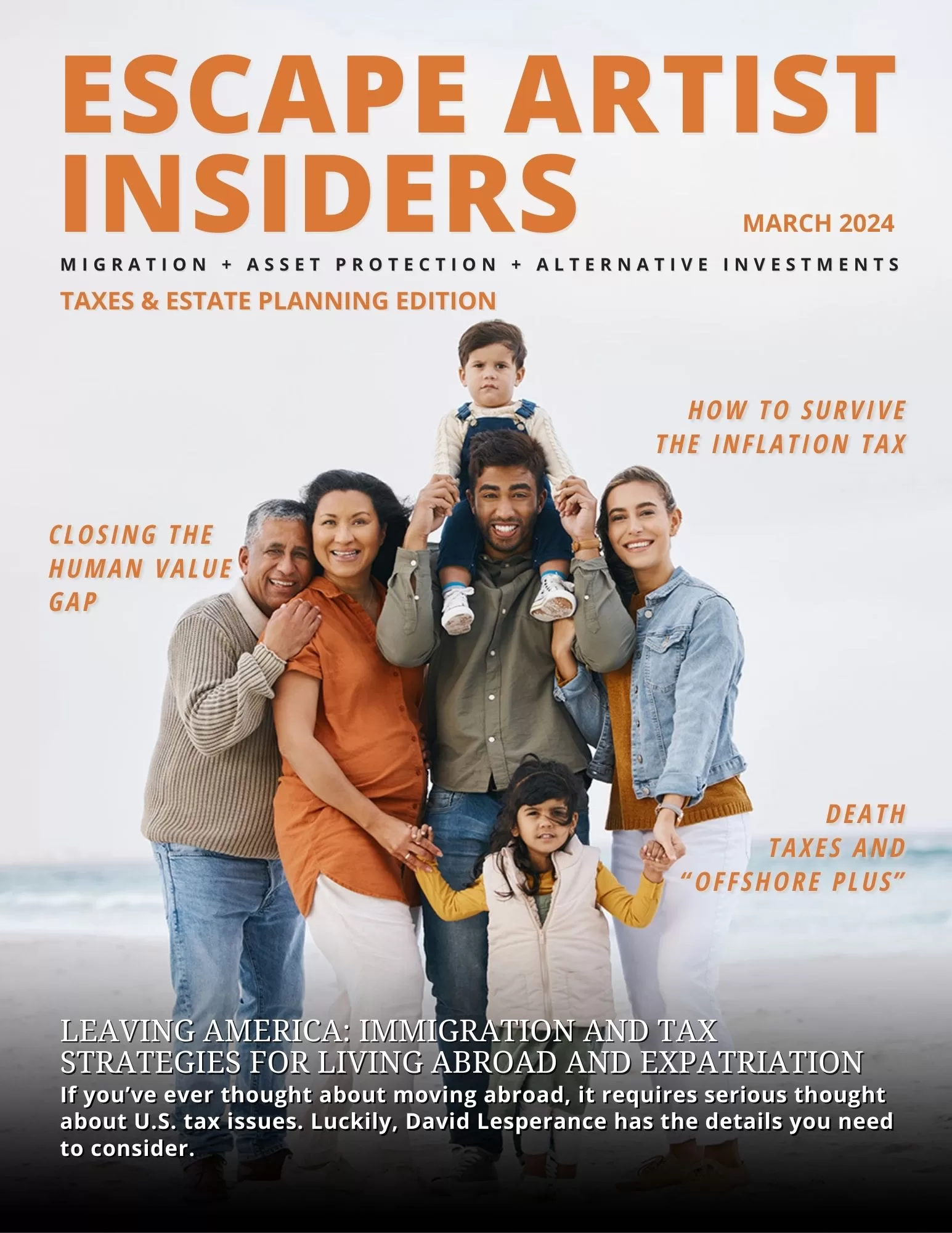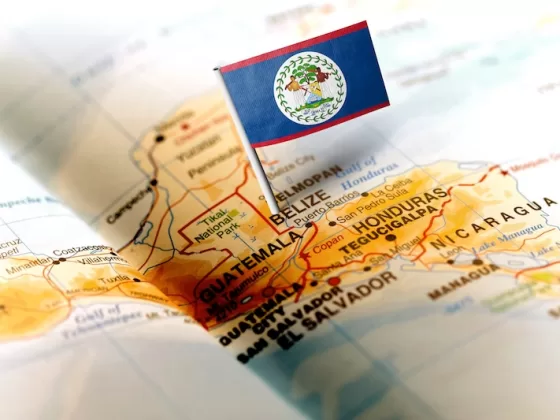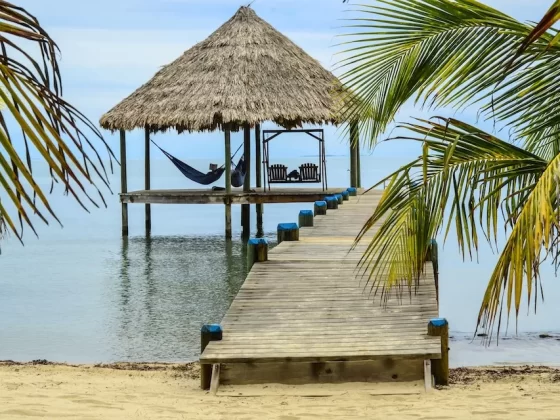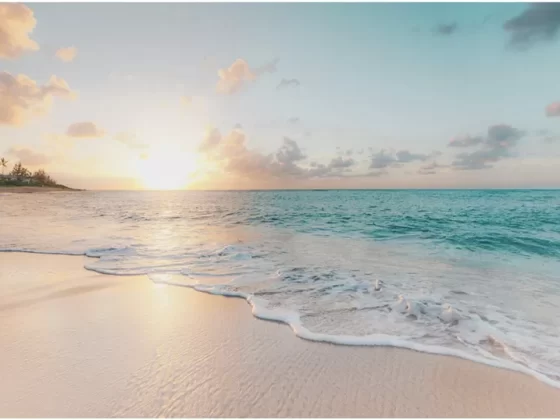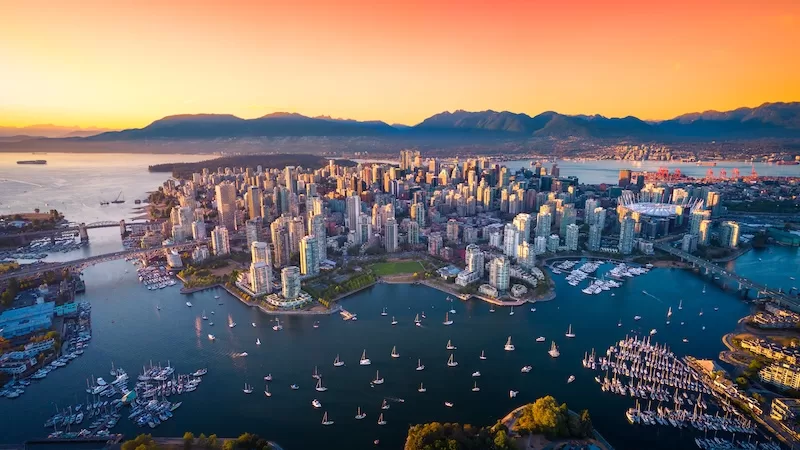If you are a dissatisfied Canadian, like me, perhaps you have already been thinking about setting up your Plan B. If you have already started to put the wheels in motion, huge congrats to you!
One of the things that made it so much more difficult for Canadians to escape Canada was the fact that we had not signed on to the Hague Apostille Convention. This made it far more time consuming and complicated to get documents such as birth and marriage certificates authenticated, a process required for applying for most residency and citizenship programs.
But, fellow Canadians, we can now rejoice! Because Canada has FINALLY seen the light and signed on to the Hague Apostille Convention, which makes the documentation authentication process waaaaaaay faster and easier!
To say I am excited about this is an understatement. And you should be, too, because it means that your escape from Canada is definitely closer than it was before!
What is the Hague Apostille Convention?

If you aren’t familiar with the Hague Apostille Convention, it is an international treaty that was signed in 1961 creating a universal process – the apostille process – for confirming the authenticity of documents between all participating countries. France, the UK and the Netherlands were the first contracting states, signing on back in 1965.
As of now, there are over 126 countries that have signed on to the Apostille Convention. Yet, until just last year, Canada was conspicuously absent.
Canada finally signed onto the agreement on May 12, 2023, with the Convention taking effect by January 11, 2024. To put it in perspective, the United States signed on back in 1980, Belize in 1992, Mexico in 1994, and Nicaragua in 2012. We literally signed on just after China and just before Rwanda.
So, we are obviously very late to this party, much to the chagrin of every aspiring Canadian expat out there. Why is it so hard for us to get things done around here?
Why was Canada so late to sign on?
Apparently, for nearly 60 years, the federal and provincial governments were unable to get it together and coordinate some sort of agreement for how this process would work. According to this article:
One of the main reasons is the country’s federal structure, which gives a large degree of autonomy to the provinces and territories in matters of justice and legal affairs. As a result, each province and territory has its own process for legalizing foreign public documents, which can vary from one to the other. This complexity makes it challenging for Canada to join the Apostille Convention and implement a unified process for legalizing public documents.
It’s interesting to read the reasoning, given that our federal government encroaches on the provinces’ jurisdiction constantly. Bureaucracy strikes again!
But perhaps on the upside this will be the one good thing that arises from the Trudeau government?
The Old Process

Until now, in place of the apostille process, we had our very own “authentication and legalization” process to prove the authenticity of our documents. Even the name makes the process sound unpleasant. And it was complicated enough that there was a whole cottage industry dedicated to helping Canadians through the process, which involved the following steps:
Notarization
Items that were not issued by a government body needed to be notarized. Basically, everything aside from your birth and marriage certificates and RCMP criminal record checks. This step has not changed and it is pretty standard across all countries to require non-governmental documents to be notarized prior to sending for apostille. No complaints here.
Authentication
Once you had your documents ready, you would send them to Global Affairs Canada (shudder) to be authenticated.
Legalization
This is where things got hairy under the old process. Legalization involved sending your authenticated documents to the embassy or consulate of your destination country to confirm the authentication provided by Global Affairs Canada and affix a certificate of legalization to the documents.
Can you see how this process was a general pain in the behind and very time consuming? When I look at this, I see way too many points of potential failure. And it took literal months to get it done which, if you are dealing with something time sensitive like a criminal record check, becomes a major issue that could potentially throw off all your plans.
When we were looking at getting our Panama Friendly Nations Visa in 2021, this process gave us major pause because of how time consuming it was going to be. Of course, our government was moving even slower than usual at that time, which made it even worse and very difficult from a planning perspective. This process, combined with the general travel issues at that time, caused us to decide not to move forward with our Panama residency because the logistics just were not working out.
The New Process

Having looked into getting my documents authenticated and legalized previously, I was jumping for joy when I heard we finally signed on to the Apostille Convention. It makes the process so much easier by completely cutting out that third step of legalization at the destination country’s embassy or consulate.
And, I’ve got to say, the Government of Canada’s website does a pretty good job of laying everything out for you. Here are the steps:
Notarization
Again, documents not issued by the provincial or federal government will need to be notarized, as per usual.
Authentication
This is where things get interesting. Depending on what province your documents are from or where they were notarized, some can go to your provincial authority to get apostilled and some go to Global Affairs Canada.
If your documents were issued/notarized by the following provinces, you can get them apostilled right in your province:
- Alberta
- British Columbia
- Ontario
- Quebec
- Saskatchewan
Documents issued by all other provinces/territories not listed above or by the federal government must be sent to Global Affairs Canada to get apostilled.
As an example, since my birth and marriage certificates were issued in one of the provinces above, I can get them apostilled directly by the province. However, my RCMP criminal record check would still need to be sent to Global Affairs Canada, since it is technically issued by the federal government. Make sense?
And that’s it, that’s the process. We’ve completely unloaded that last step which required so much more coordination and shuttling around of documents. And praying. Lots of praying.
Plus, there is the added bonus of potentially being able to get some of your documents apostilled right in your province. This is a total game changer that massively reduces the time and complexity of the process for Canadians. Hopefully, with less documents having to go through Global Affairs Canada, it will speed things up a bit on their end as well.
What this means for Canadians

When I titled this piece “Escaping from Canada just got Easier!”, that is exactly what I meant. You will need to get your documents authenticated or apostilled in the vast majority of cases if you are pursuing a second residency or citizenship. Therefore, when that process gets easier and more efficient, so does your escape from Canada.
And, once you have documents such as your birth and marriage certificates apostilled, you do not have to get them done again. So, get your documents apostilled, folks!
Pro tip: Mexico does NOT require you to get your documents apostilled for residency. So, for your easiest path forward, I would highly recommend pursuing your Mexican residency as a great first step where you don’t have to worry about any of this!
Start Building Your Escape Plan Now

Now that Canada has finally signed on to the Apostille Convention, it has become much easier for Canadians to start putting their Plan Bs in place. And, to be honest, the hassle of our former authentication and legalization process was a pretty good excuse for many people, myself included, to avoid taking action.
But, now that the process has drastically improved and that excuse is no longer valid, I would suggest you take advantage of this opportunity to start more aggressively pursuing your Plan B. Second residencies and citizenships are only getting harder and more expensive to get so it’s definitely in your best interests to get the ball rolling sooner than later.
This is the one gift you will ever get from Justin Trudeau’s government – don’t waste it!
I hope you enjoyed this week’s article! If you are serious about making your escape, make sure you subscribe to Escape Artist Insiders magazine, which was instrumental in helping my family develop the knowledge and mindset to start building our Plan B. If you want the latest in offshore news and trends, along with solid investment and asset-protection advice from our experts, subscribe today!
If you’re considering traveling or moving abroad, be sure to explore your healthcare options. Visit International Citizens Insurance to learn more and get a free quote.


